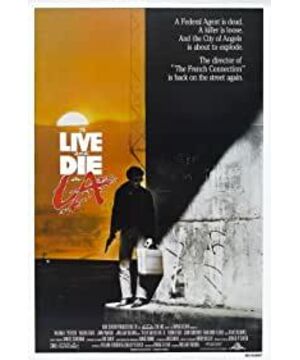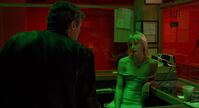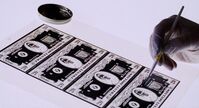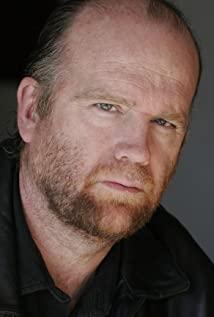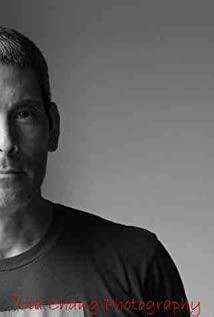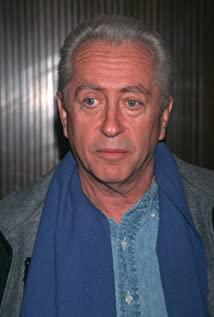The death of the handsome and handsome first actor, to say that the accident was just a little unexpected at the moment: suddenly and bloody. From the point of view that behavior produces results, it's not surprising at all. He used to threaten his girlfriend to do some illegal activities for him in the name of sending him to prison. He broke through the bottom line of the cynic police and laid the foreshadowing that the evil would be rewarded. The culmination of armed robbery of stolen money indirectly led to the murder of police undercover, which is basically equivalent to a sentence. Sentenced him to death. Hollywood gangster movies often have plots where the protagonist who is a police officer is wronged and is chased by a colleague, but in this process, remember not to have a colleague killed by you. Even if it turns out that you were wronged, it was compelling to do so at the time, and so on, it won’t work. Once someone dies, it will be difficult for me to save you. Even if the wronged is so, let alone the original sin-ridden.
Not surprisingly, the second partner did not die in the end. This is also in line with Hollywood's ethics regulations. Because he passed a series of assessments: the robbery was not suggested by him, he was just forced to participate; when the situation was out of control, he knew that he could protect himself by reporting his partner but chose to give up-whether he betrayed his colleagues has become Hollywood An important yardstick for judging the nature of good and evil.
Speaking of partners, there are only such types of partners in Hollywood movies: old people are cynical, walking on the edge of the law, black and white, and even the head of the criminal group; the newcomers are smart and capable, and the idealistic color is strong, and they are not at the beginning. Get used to the deviant behavior of your partner. With the continuous lessons in handling the case, I have also learned to use flexible strategies to deal with various situations and be more comfortable, but the bottom line of principle has always been adhered to...In this type of relationship, the newcomer is usually the first actor and the one with the most drama. For example: Pharrell and Pacino's "The Spy of the Sea".
The strange thing about this film is that even if the partner combination is formed early (the old police officer who is about to retire will be shot, this is also one of Hollywood classics), you never feel that you will really change in that direction. First of all, because the actor who plays the partner is simply Zhang Putong’s face, without the aura of a young Hollywood talent (the aura has nothing to do with Gao Daying, mainly because of whether he has a public personality. For example, Dustin Hoffman) . Secondly, there were not many dramas originally, and there were very few dramas showing their good character. Always in a subordinate position in the role relationship, people can't feel any personality potential that matches the strong outbreak at the last moment. Even if the bar meets the prosecutor for a scene, it vaguely implies that this person may not be as simple as we thought, but it is not enough to support him as the last laugh.
The reason for this psychological expectation of viewing the film is that the individual basically follows the filming rule mentioned by Hitchcock when discussing suspense: "Considering that the character in the last part of the film is the absolute core of the film, so We must use heavyweight actors to play." Hitchcock did exactly that. Even in Jannet Lee's "Scary", the actor who dominates the second half of the elder sister can't just grab a passerby, but must be the almost equally star-studded Vera Miles. But the Fredkins did not believe in evil, the least star-like, the most ugly, and the lightest, became the final winner!
Fred King once said, "Thirty-five minutes into the horror, you would think this is a story about a woman who stole money and ran away. But half an hour later, she died. She was not in the subsequent movies. Yes. Hitchcock killed the big star in the movie halfway to make you restless. I applied this concept almost completely to "The Wight Ark". Twenty minutes before the end of the film, the star in the film was suddenly killed... …"
But the question also arises: Is the "unexpected" effect produced by the director proactively trying to break through the rules of the old concept, or is it just because of the cost-constrained B-level mode? If the answer is the former, we can’t help but continue to ask: on the premise that the film type model remains unchanged, give up heavyweight actors or even sacrifice the strength and depth of the role interpretation, challenging the audience’s inherent psychological mode of viewing in exchange for unexpected dramatic effects , Can it become a new movie rule to be promoted? In other words, due to the inherent shortcomings of character shaping and other factors, it can only be used as a dessert that occasionally changes the audience's taste depending on the traditional mainstream mode of feast?
View more about To Live and Die in L.A. reviews


